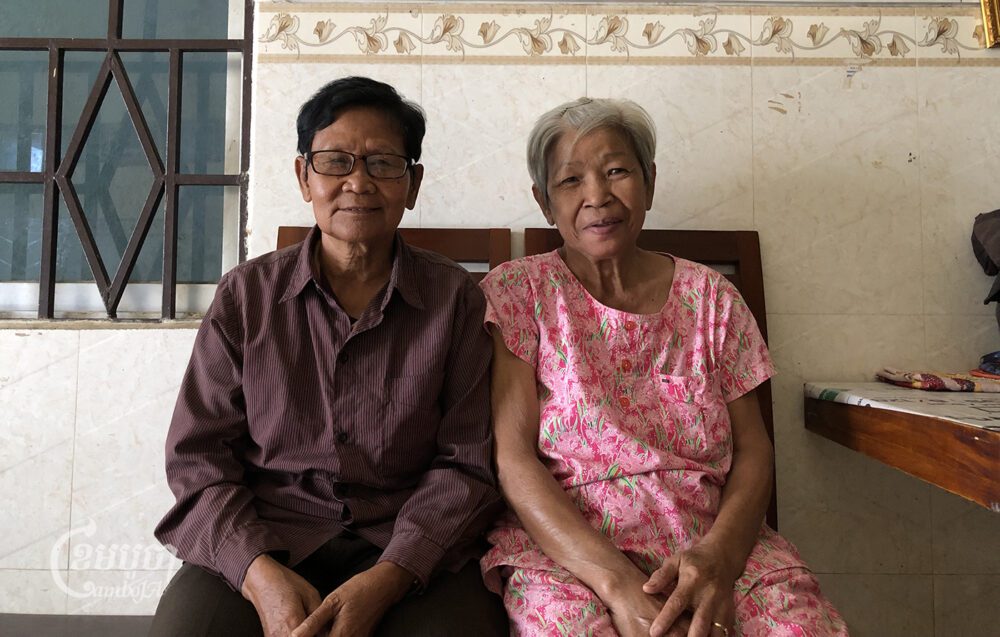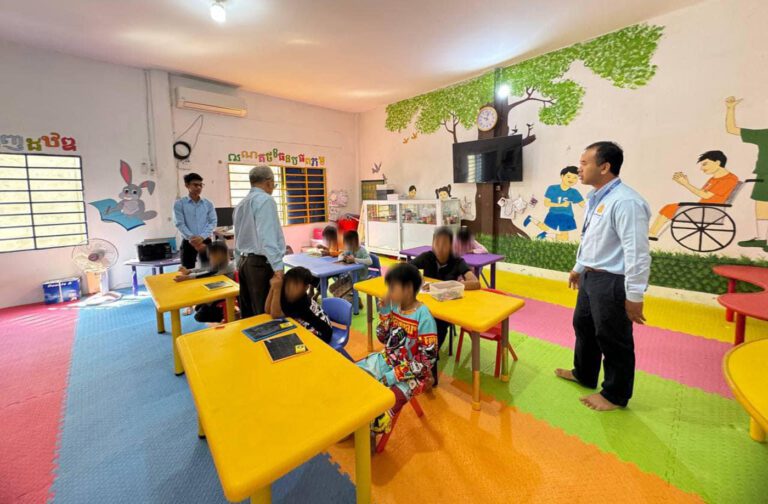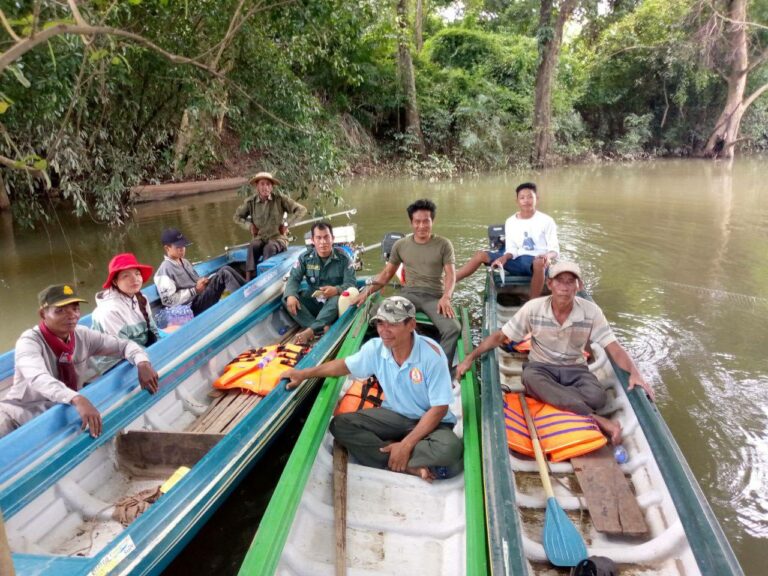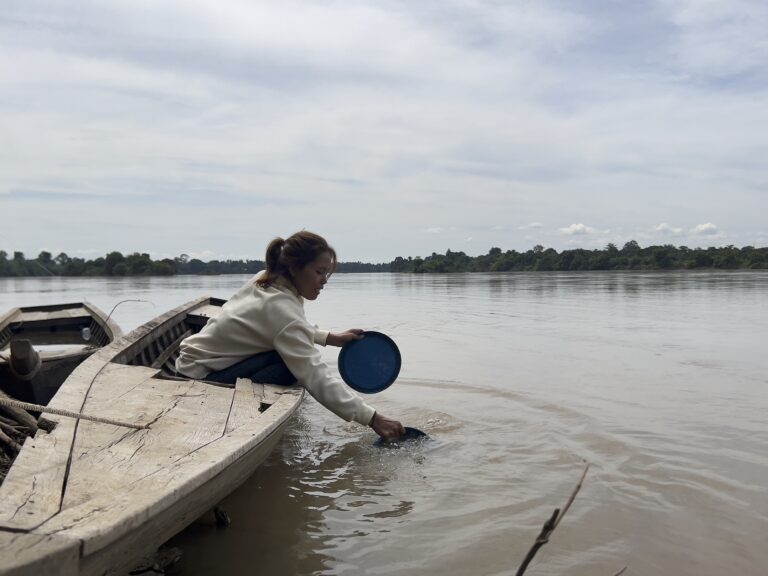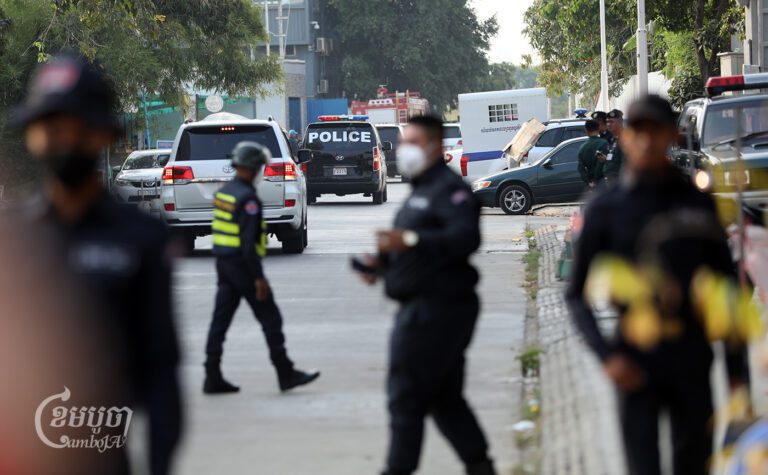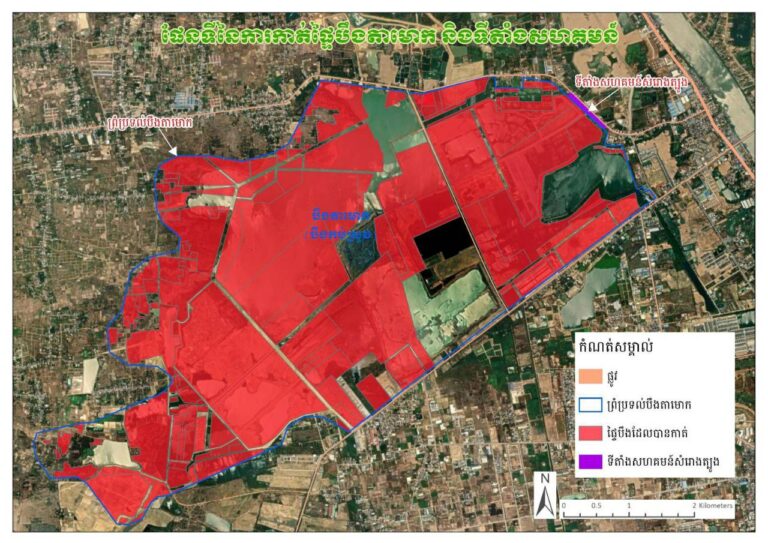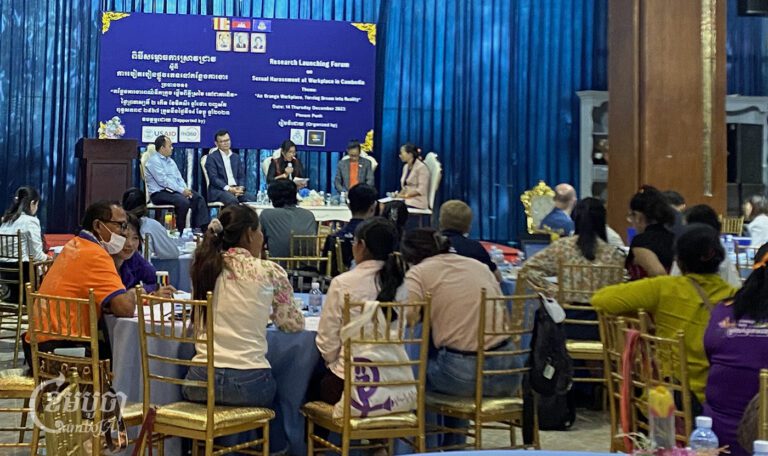The law on same-sex marriages might be difficult to enact as government officials are concerned that it could undermine traditional customs.
Within the Cambodian context, discrimination against the LGBTQI+ community is strongly evident, observed Sreang Chenda, representative of the government-affiliated Cambodian Human Rights Committee (CHRC). This, he said, is an indication that the society is not widely accepting of the law on same-sex marriages yet.
The first thing that should be done before the law is drafted is to educate people to understand what LGBTQI+ is in order to stop prejudices, although it could take a long time before that happens.
“We know that laws preserve the harmony of our society. If this law [same-sex marriage] leads to disunity in our society, we cannot make that law,” he said. “We need time to change society’s perception. This requires education and dissemination [of information], which takes a long time.”
Chenda said he often observes the comments made by people on social media when same-sex couples marry and post the pictures online. There are two sides – those who support and those who oppose. “Therefore, drawing up the law on same-sex marriage requires recognition from society first.”
Retiree Souy Sitha, 72, who has been in a same-sex marriage with Hong Sareoun since 1975, opined that the law for same-sex marriage will not destroy the norms and tradition in Cambodia.
“I don’t understand how LGBT people can break the tradition. Perhaps it’s because the [present] law states that men can only marry women,” said the former Information Ministry officer. “I do not think that’s wrong, but if they understand our feelings, they should help us.”
As it is, Sitha added, LGBTQI+ people undergo lots of pressure from family, society and traditionalists.
In Cambodia, views on legalizing same-sex marriage seemed somewhat positive (57%), placing it among top five countries after Japan, Vietnam, Thailand and Hong Kong in a recent survey by Washington DC-based Pew Research Center. Some 1,502 people from 150 villages in Cambodia were interviewed.
No official documents
Although same-sex people are “free” to marry each other, thanks to the “freedom given by the Cambodian government”, couples cannot legalize their union due to a lack of legal documents, like marriage certificates or family books.
“The facilitation for the issuance of documents is not yet available because according to our law, [only a] legal marriage must be legally registered,” Chenda said.
“So, now we are like friends living together because we don’t have any documents acknowledging our marriage. That’s why we asked a lawyer to affirm us as a family which has agreed to live together,” said Khim, who only offered his first name. “If there is a law for same-sex marriages, it would be easy for us to live.”
The 36-year-old, who works for a tourism company in Phnom Penh, married his partner Vina in 2017. Both of them lamented that LGBTQI+ couples find it hard to jointly buy property and adopt children as only one person is allowed to put their name on those documents and they cannot list their spouse.
“Couples cannot put both their names to adopt children or name the children in the family book of the one who adopts them,” Khim said. “If the government implements the law to legalize same-sex marriages and provides marriage certificates, it would be awesome.”
Meanwhile, Sitha said marriage certificates are important for same-sex couples. Echoing Khim, he agreed that a civil partnership law for LGBTQI+ people would make life easier for LGBTQI+ people, particularly joint ownership of properties and child adoptions.
Eliminating discrimination
Against this backdrop, LGBTQI+ communities continue to assert their rights, especially for legal marriage certification, as Khim and Vina hope that the day will come when Cambodia rolls out the law as other countries.
“I hope the government will consider it, that there will be a response from them and that there will be a law,” Vina said.
In July, former prime minister Hun Sen remarked that Cambodia does not allow marriage unions for LGBTQI+ people but “they can still love and live with each other without guilt”.
Lim Borin, project coordinator of the SOGIESC Project, told CamboJA that he and his team have shared their concerns with the government regarding the onslaught of public criticism if the law is implemented.
“They need time to study the aspects [of the law] in order to draft or amend [it] to ensure that there are no negative consequences,” he said.
That said, Borin is certain that the law holds many advantages for the LGBTQI+ community, such as legal protection as a partner or family member as well as social benefits, and that it would eliminate discrimination against them.
A wedding by any other name
Meanwhile, CHRC Chenda asserted that even though Cambodia does not have a same-sex marriage law, couples can still marry each other but they can marry under the pretext of a birthday party or housewarming ceremony.
Souy Sitha told CamboJA that same-sex couples cannot openly call their wedding ceremony as such but they can hang banners on their wedding day and tag the event as “birthday” or “housewarming party”.
And, though they can get married, unfortunately, the society does not recognize them as lawfully wedded couples because same-sex marriages do not exist under the law, he reiterated.
“We have the freedom to organize weddings, but they are only recognized by our families, not the state. Without the marriage law, discrimination against LGBT people would continue.”
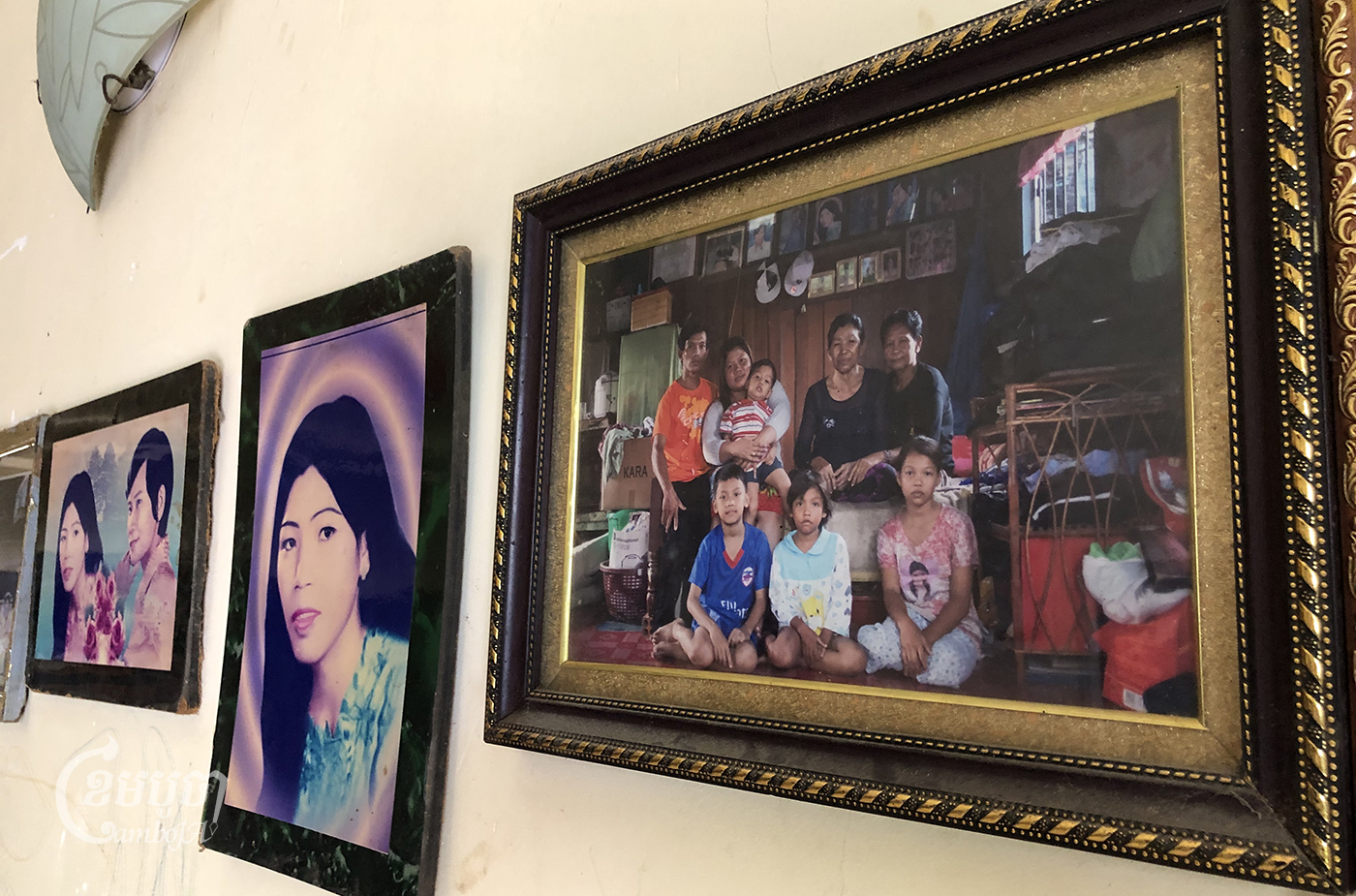
Relating his experience, Khim told CamboJA that due to the absence of the law, he was not able to ask permission to get married, so he had to find other ways.
The couple decided to “conduct their wedding” at the same time as Khim’s brother’s heterosexual wedding ceremony. “We had to stand behind a man and a woman [his brother and his sister-in-law] who were welcoming guests. We could only do this.”
“We could not obtain permission for our wedding. We asked the authorities several times, but they did not allow it,” Vina said, adding their marriage was not recognized by society but only by their lawyer, parents, and friends.


